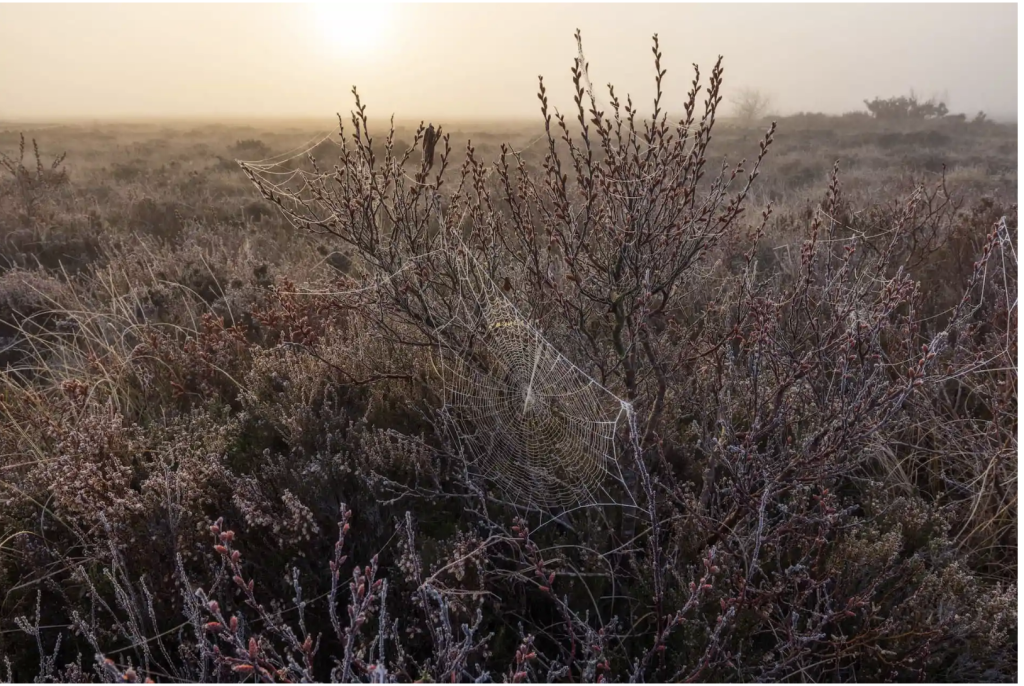What is Irish culture, anyway?
My name is Owen O’Toole. I’m 18, and while I proudly identify as Irish-American, I need to know more about my ancestral homeland. As my high school, Regis, prepares a trip next year to Ireland (“a pilgrimage,“ as we members of Regis’ Gaelic society affectionately call it), I want to understand what Irish culture is all about.
Here’s what I do know: From the mid-19th to the 20th century, the Irish diaspora, emerging from the devastation of famine and lack of work opportunities, poured through Castle Gardens and later Ellis Island, searching for economic prosperity. My great-grandfather, realizing there was no work on the family farm (he had six brothers) or anywhere else in Ireland, sailed from “the sweet Cove of Cork” for America in 1926. For most of his life, he worked as a bartender at the Astor Bar in New York City.
Unlike her future husband, my great-grandmother had gone to secondary school, so at 17, with diplomas in hand, she headed for the land of opportunity. She had the unfortunate luck of arriving in New York on Black Thursday, October 28, 1929, when the stock market crashed, and the Depression began. No one cared about her diplomas, and she finally found a job as a scullery maid.
I sat down with my good friend, debate partner, pilgrimage partner, and fellow Irishman, Emmet O’Sullivan, to learn about Ireland from his experience, which is more immediate. He, like me, is a New Yorker, but he has spent summers with his Irish relatives on their land, farming and roving over the family’s bog.
For Emmet, visits to the bog means learning more about his family history. It is here that his great-uncle Gaga Molloy, the elder of the family, tells him stories. Through Gaga, he has gained an understanding of what previous generations went through, such as how his great-great Aunt Bridget lost her life aboard the Titanic at just twenty-two and how his mother’s late uncle James J., a community educator, was affectionately known as “The Poet,“ who wrote and recited poignant verse.
“With every story that I heard, my respect for the struggles and talents of my ancestors grew, Emmet says. “And I came to appreciate the resilience and richness of Irish life.“
“To know your future you must know your past.” – Philosopher George Santayani.
I think of my great-grandparents and their struggles as strangers in a strange land. Knowing that they weathered through difficult times gives me faith that I have inherited some of their resilience and the knowledge that life is not always easy, but we can’t give up.
I want to honor my ancestors by coming to know the place from whence they came – and I look forward to experiencing Ireland, not as an outsider but as the bearer of a history that continues to shape me.
Climate reform has mandated the ending of using bogs for energy. But the spirit of the bog and its storytelling tradition lives on.
Great-uncle Gaga reasoned, “The strength is not in the bog. The strength is in knowing where we came from.”
When Emmet and I step onto Irish soil, we’ll know this journey is about more than sightseeing.
Irish culture whispers. It whispers in its poetry, verdant scenery, ancestors, and fables that precede us.
For us pondering Irishmen, it’s our job to listen.


wonderful! thank you guys!